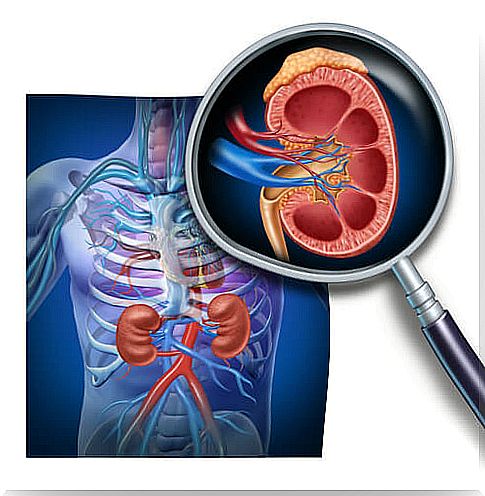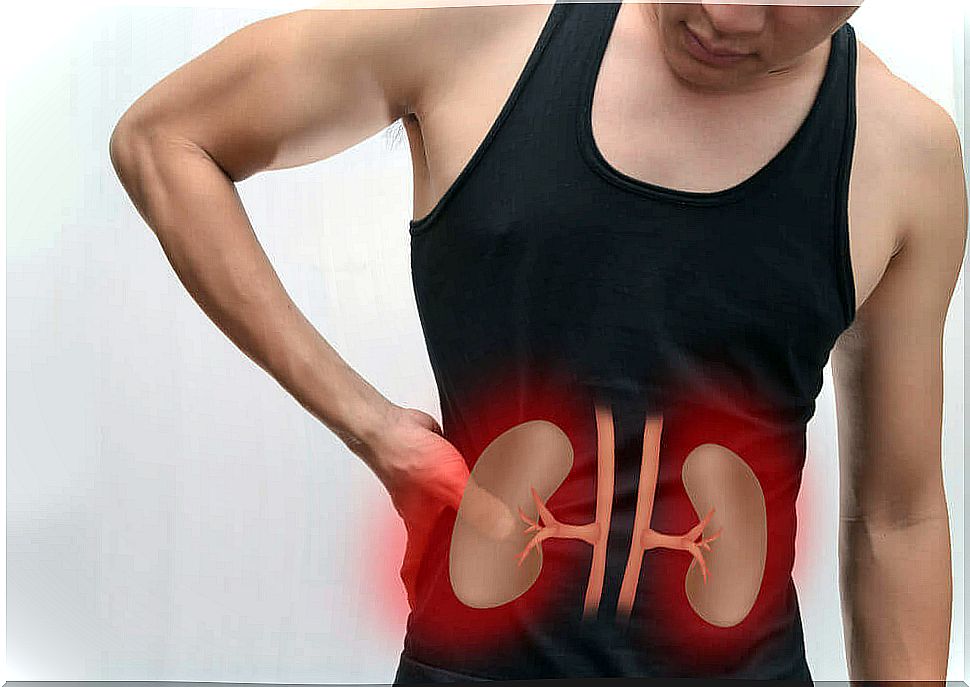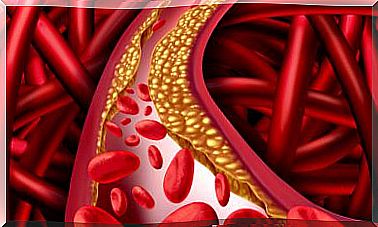Renal Infarction: What Is It And What Are Its Causes
Generally, the medical team uses the term renal infarction to refer to a disorder that occurs in the kidneys. In this way, the tissue that forms it is damaged due to insufficient oxygen levels.
The constant renewal of this element is necessary for the survival of the cells that make up the tissues. This condition is also found in the rest of the tissues of our body, not exclusively in the kidneys.
However, there are factors or disorders that can cause the interruption of blood flow to these organs. Therefore, the oxygen supply is interrupted to carry out the usual metabolic reactions. Generally, the renal arteries are the blood vessels responsible for this oxygen distribution.
Thus, the cells cannot obtain the necessary energy to stay alive and the tissue begins to be seriously damaged. In addition, carbon dioxide (CO2) accumulates, a very toxic substance for cells and tissue can die.
On the other hand, under normal conditions the kidneys perform important tasks within the body’s functioning. By carrying out the function of nutrition, matter and energy are obtained. However, residues from this set of metabolic reactions are also stored. Also, these wastes are collected and transported to the kidneys through the blood.
Later, the kidneys purify or clean the blood by separating it from waste and maintaining its stability. In this way, urine is formed that accumulates in the bladder and is expelled to the external environment.
Finally, if the kidneys are damaged, their functions may not be able to carry out normally. In either case, the individual will develop a series of symptoms that will indicate kidney injury.
What can be the causes of kidney infarction?

Currently, the group of specialists has made a distinction between the different clinical cases based on their characteristics. One classification criterion is taking into account the cause or trigger of the renal infarction.
The interruption of blood flow may be due to a spontaneous closure of the corresponding blood vessel. At other times, a tear may occur in the walls of the blood vessels in the area.
On the other hand, a clot (or thrombus) may form that travels through the duct and plugs it. This particle can travel from the heart or be composed of cholesterol (due to the rupture of an atheroma). Also the clot can take place in the same renal artery as a result of an injury to it.
In addition, other classifications of renal infarcts can be carried out. For example, they are distinguished between complete or partial based on the condition of the blood vessel.
Also, it is called hemorrhagic if the affected blood vessel is a renal vein. In this case, the blood stops flowing and cannot be renewed by blood with sufficient oxygen level. If the alteration occurs in a renal artery, it is called ischemic.
Most common symptoms of kidney infarction

Generally, when a patient has developed a disorder, there are a number of signs of the problem. The properties and severity of the symptoms are related to the characteristics of the subject himself. In this way, in the case of renal infarction, the individual can show:
- Severe pain or discomfort on the side where the injury is located.
- Nausea and vomiting
- Fever that can vary in intensity.
- Presence of blood in the urine. It is also called hematuria.
- Some signs of acute kidney failure.
How is the diagnosis carried out?
The medical team must perform a series of clinical tests to identify the condition and its cause. Generally, the patient’s medical history and lifestyle are also checked.
For diagnosis , tests are often used to obtain internal images and unclog the problem blood vessel. On the other hand, other routine tests such as blood tests may be performed. In this way, other alterations that can present symptoms similar to those of renal infarction can be ruled out.
Once it is detected, the doctor will immediately proceed to carry out the treatment to stop the oxygen deficiency. In the first instance, he will resort to the use of anticoagulant drugs and, in severe cases, he will resort to surgery.









